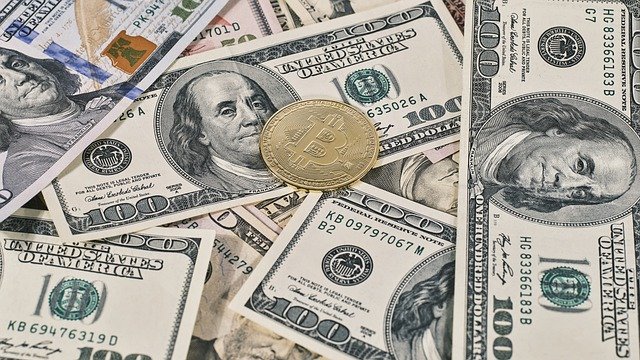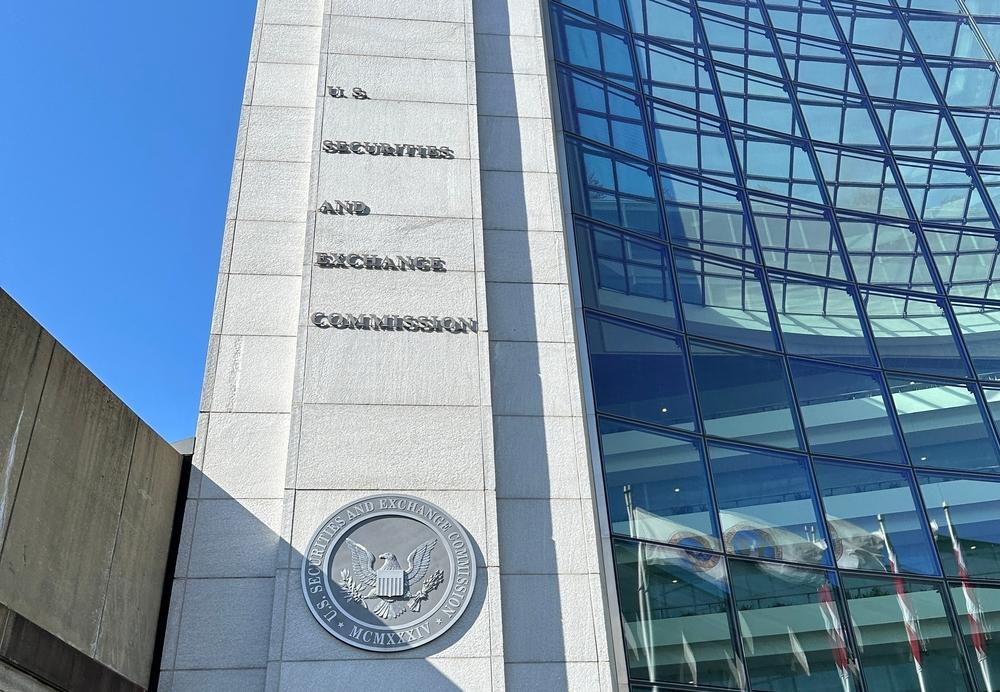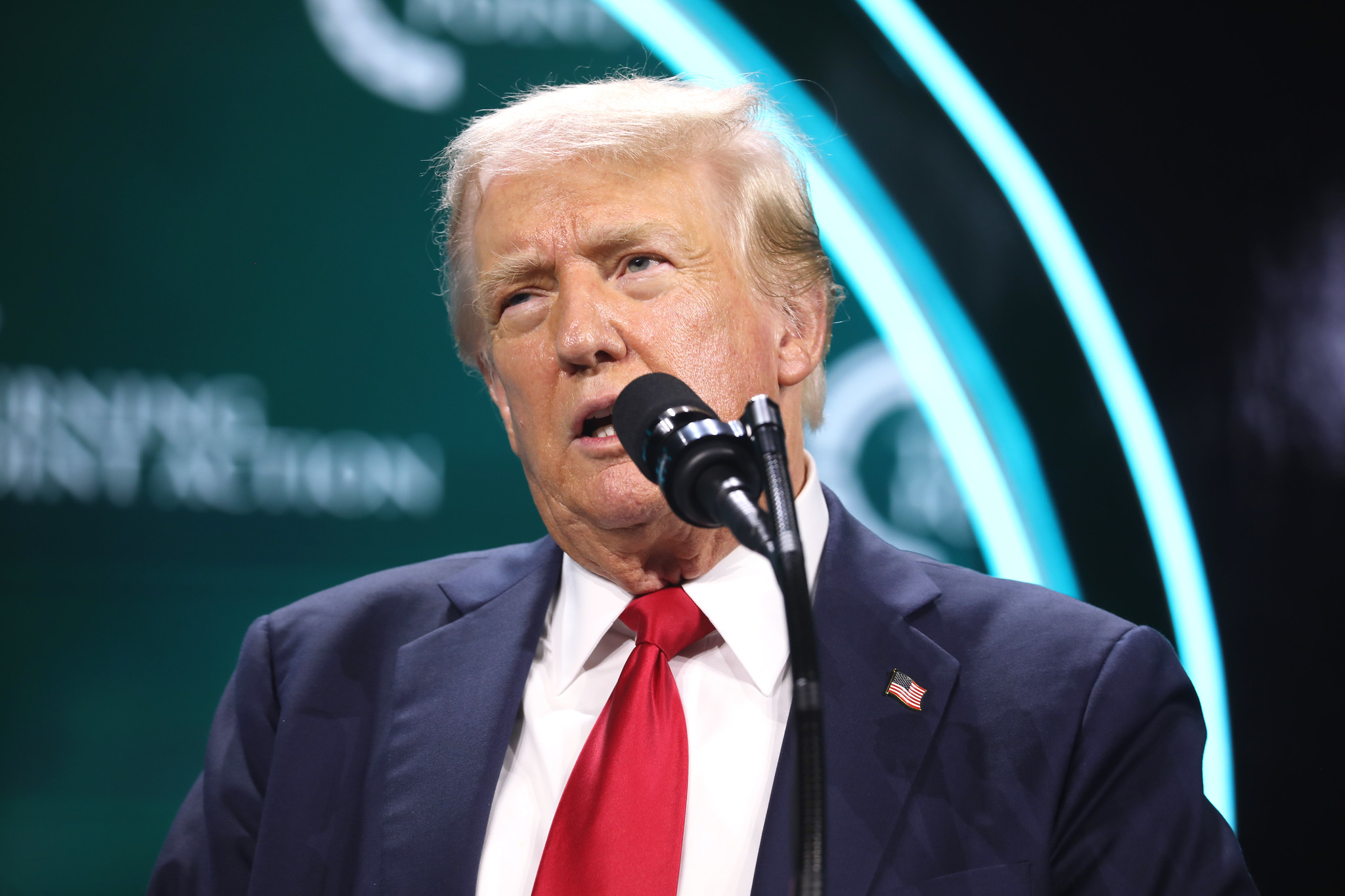In the wake of mounting fears of a looming default on its debt, President Joe Biden and top-ranking Republican Kevin McCarthy are rumored to have arrived at a mutual understanding to elevate the federal government's gargantuan debt ceiling, measured in trillions of dollars. This move comes amidst an increasingly volatile economic landscape influenced by the growing prominence of cryptocurrencies and digital assets.
Two well-informed insiders engaged in high-stakes discussions shed light on this development on May 28th. This promising consensus, which proposes to raise the $31.4 trillion debt ceiling, transpired after a prolonged phone conversation between Biden and McCarthy.
President Biden confirmed this development on Twitter, highlighting its necessity to avert a disastrous default, even as he grapples with the conundrum of cryptocurrencies and their effect on the traditional financial ecosystem. Biden's indecision on this transformative asset class is notable in light of the recent uncertainty around digital currencies, with regulatory bodies like the SEC and the CFTC taking a critical stance on crypto companies.
Simultaneously, while the government seeks to put a leash on spending for the next two years, excluding national security expenses, it is also working to ensure the dollar retains its value in a rapidly shifting financial world. This world is seeing investors progressively eyeing alternatives like crypto assets and gold, shaking the long-standing dominance of the greenback. The Federal Reserve, in response, has been actively researching and contemplating the introduction of Central Bank Digital Currencies (CBDCs) to compete with these emerging trends.
One insider offered a glimpse into the agreement, stating, "Authorities have consented to maintain non-defense discretionary spending at 2023 levels for one year, followed by a minor increase of 1% in 2025." This delicate balancing act—negotiating the fiscal implications of a burgeoning debt ceiling while exploring the incorporation of digital currencies into the national economy—demonstrates the complex economic challenges the U.S. currently faces.
Overall, the article is well-written and effectively conveys the key developments surrounding the agreement to raise the U.S. debt ceiling and the associated concerns related to cryptocurrencies.


























Comment 0